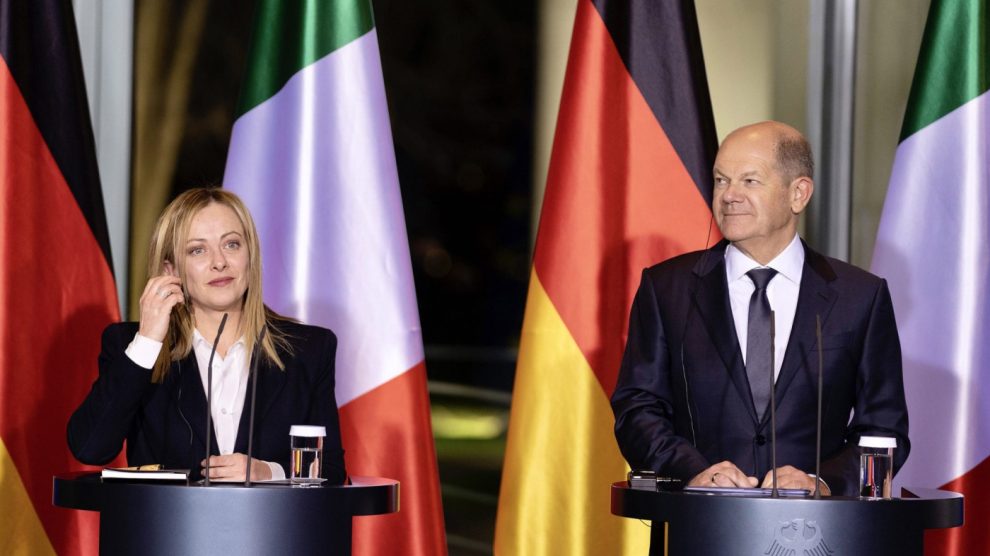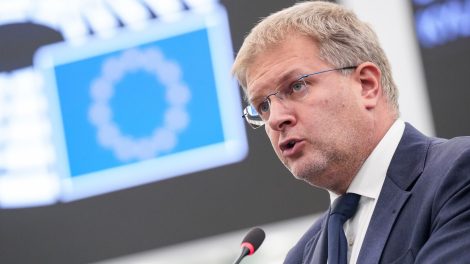Germany backs down on NGO. On Wednesday, EU countries signalled they have reached a deal on the bloc’s migratory framework, paving the way for it to be announced at the leaders’ summit in Granada running Thursday through Friday. The breakthrough came as Berlin dropped an amendment on NGOs that caused Rome to halt its approval.
- It’s a turning point for one of the EU’s most divisive and complex challenges, which is being compounded by a dramatic spike in migrant crossings through the Mediterranean route.
The end of the Italo-German spat. Government officials in Rome and Berlin had been clashing over the past days over the German decision to directly fund NGO rescue missions in the Mediterranean – with Italy calling for a more supportive approach and highlighting its institutional naval assets are responsible for roughly 90% of rescued migrants.
- Meanwhile, the German executive proposed an additional clause about not “instrumentalizing” NGO rescue missions in the migration pact’s draft.
- In that context, Italy interpreted it as a provocation and pressured Germany to drop the clause. Berlin and Rome then engaged in intense communications over the past two days, and the former ultimately relented.
Victory lap. Prime Minister Giorgia Meloni called the development an “important step forward,” and several ministers (including Foreign Minister Antonio Tajani and European Affairs Minister Raffaele Fitto) described it as an Italian victory. Germany’s leading daily, Frankfurter Allgemeine Zeitung, also agreed, writing that Berlin had bounced against a granite wall in Rome – “and, as often happens in migration policy, Germany was once again isolated.”
- Noting that the German implementation of the asylum matter “has always failed due to red-green conservatism,” FAZ argued the issue “can now be put to bed in time for the European elections. It would have been good for European and national asylum policy if this agreement had come much earlier.”
- France – which itself had clashed with Italy over migrants border crossing – had recently sided with Italy and vowed to follow a cooperative approach.
What now? The migration issue is on the table of Granada’s informal EU Council meeting, per Italy’s request. With only Poland and Hungary voting against and Austria, the Czech Republic and Slovakia abstaining, the required qualified majority to support the reform of the EU’s migratory framework has been reached.





